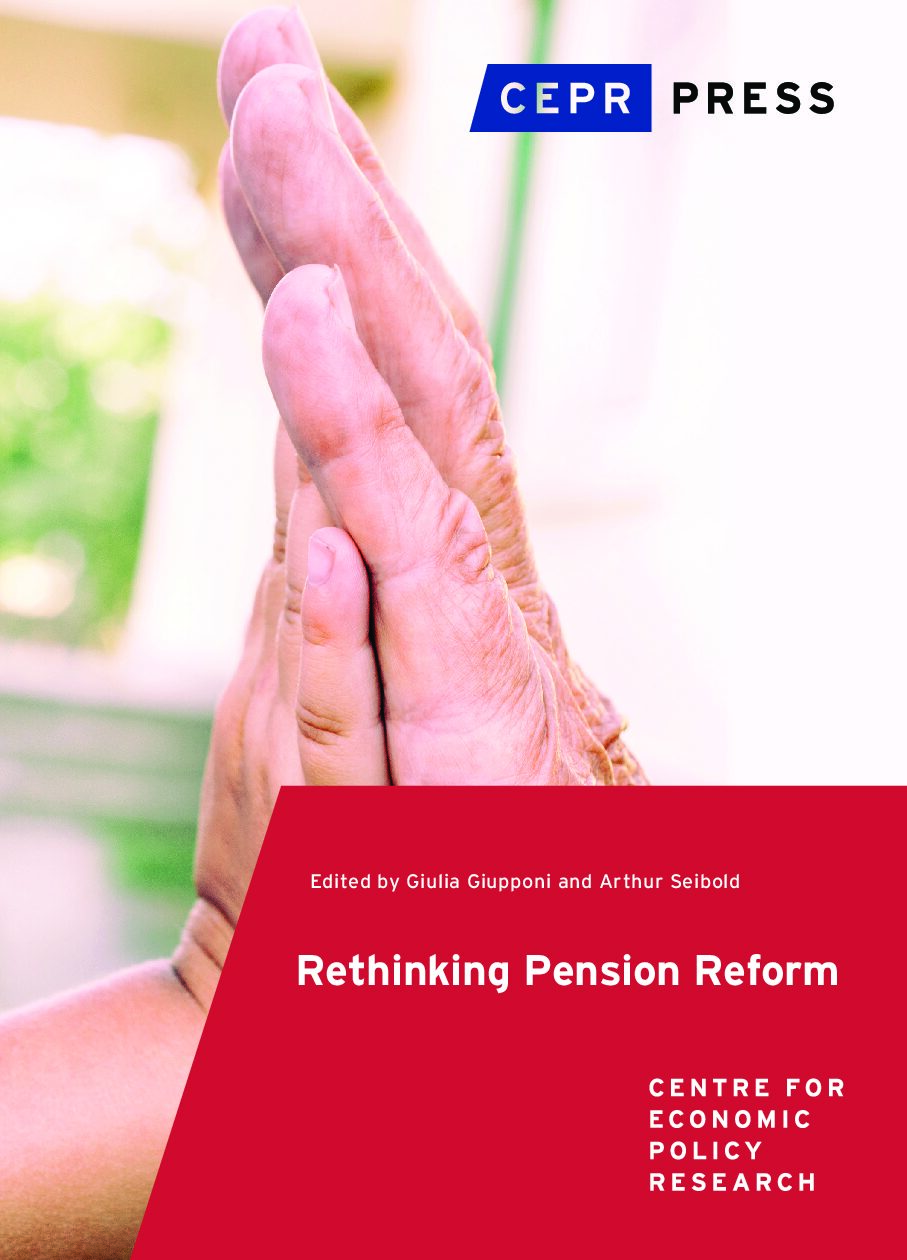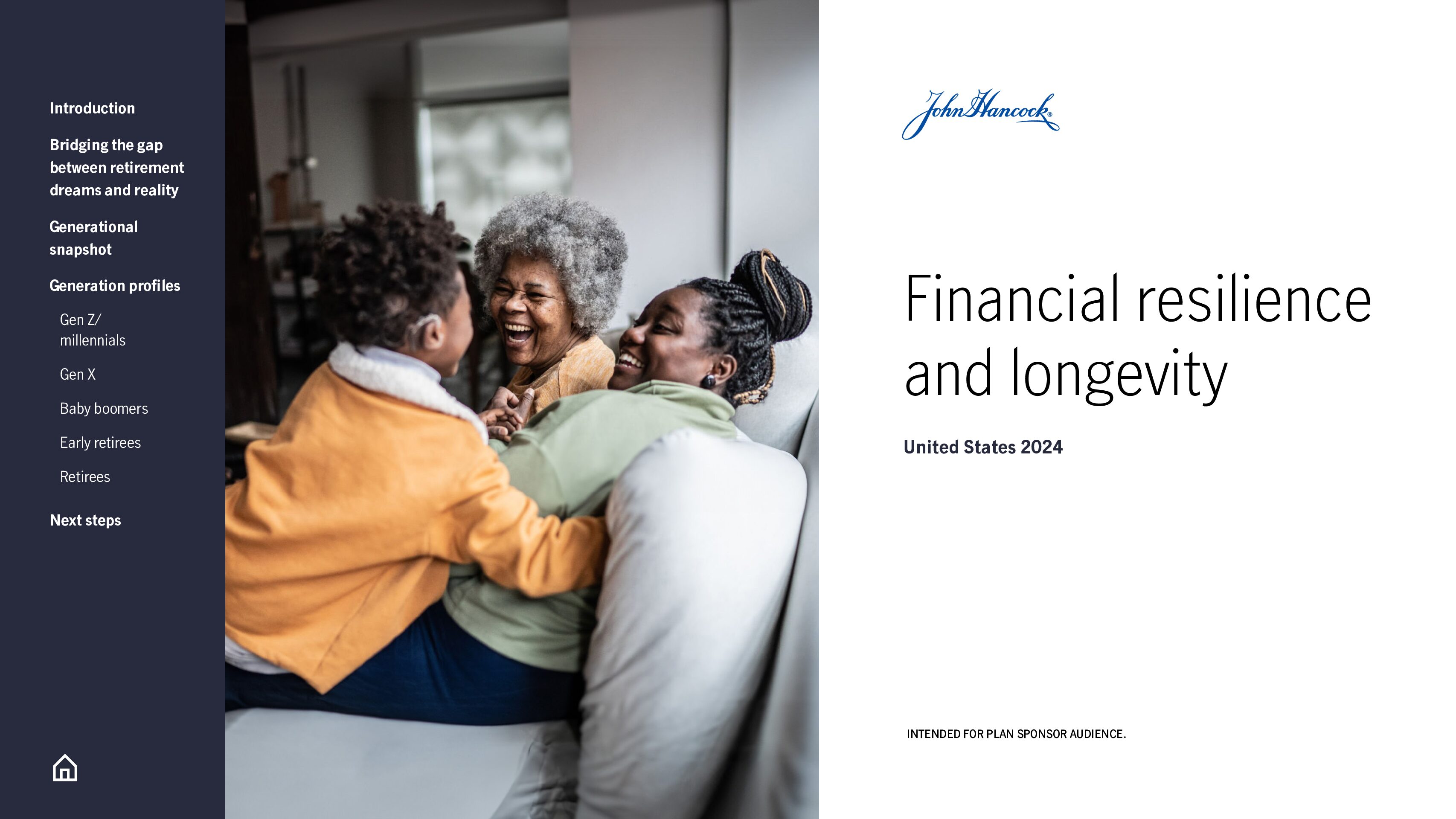Stealing To The Youth And Giving To The Old? : Intergenerational Inequalities And Political Dynamics In The Italian Pension System
By Giulio Del Balzo
“The contemporary welfare state in capitalist democracies is largely a welfare state for the elderly” (Myles, 1984)
Filicide is a recurrent event in ancient mythology, as well as in nature. Just as Kronos devoured his sons, fearing that they would dispossess him from the Gods’ throne, so many animal species, like lions, usually kill their puppies, since they perceive their children as potential threats to their consolidated interests and well-being. So, as in nature and myths, filicide is still common in modern politics, especially concerning the clash of interests among generations.
The specific configuration of the modern welfare states allowed the cohorts of the Thirty Glorious Years (1945-1973) to enjoy unthinkably generous social benefits, compared with previous generations. Some countries, especially the ones with pro-insider welfare and labour market, developed a welfare generosity that would have been paid by future generations and not only by the surplus produced by the sustained economic growth of the last mid-century.
Italy is one of the countries were this social filicide occurred more dramatically. Even if Italy’s social expenditure to GDP ratio is almost in line with the EU average, Italy’s social expenditure for the elderly is much higher than the EU average (figure 6). Social expenditure is openly targeting the elderly at the expense of youth, families, and outsiders.
In his research, Giulio del Balzo analyses the causes of the social expenditure imbalance, and he finds them mainly in the hyper-growth of pension expenditure during the First Republic. Later in the Second Republic, Italian policy-makers tried to recalibrate social expenditure with three waves of reforms (Jessoula et Raitano, 2017), raising the retirement age and shifting social security from the previously defined benefits regime to a notional defined contribution one (BOX 1), but intergenerational inequalities persist.
Get the book HERE!










